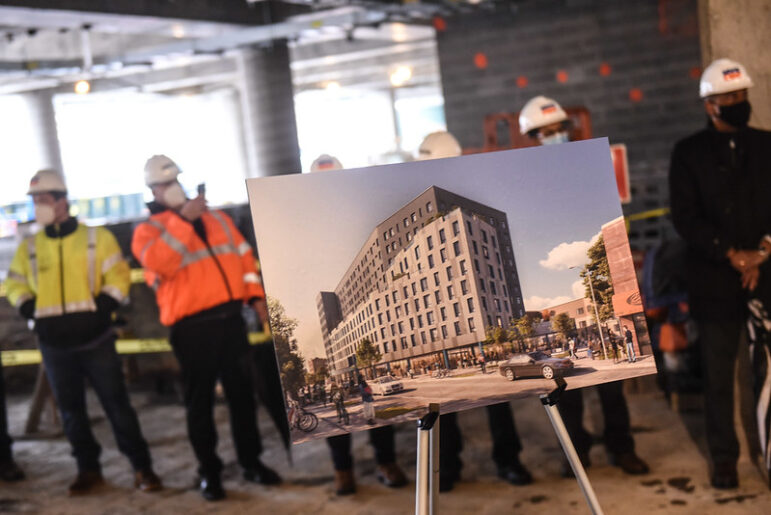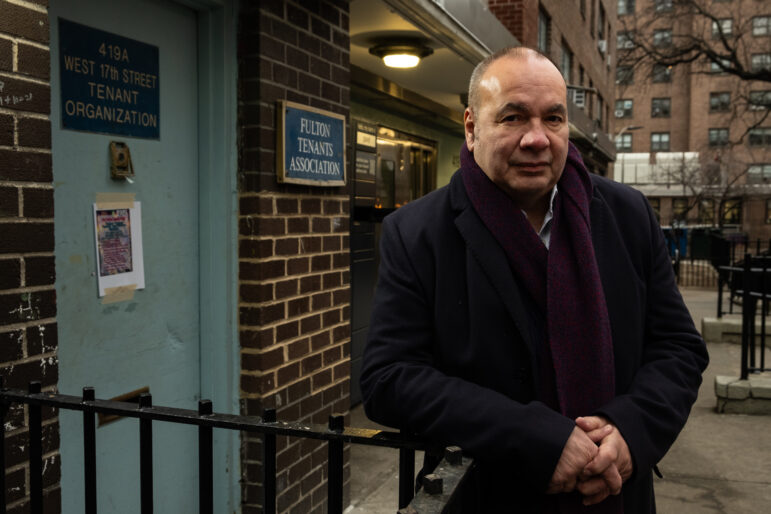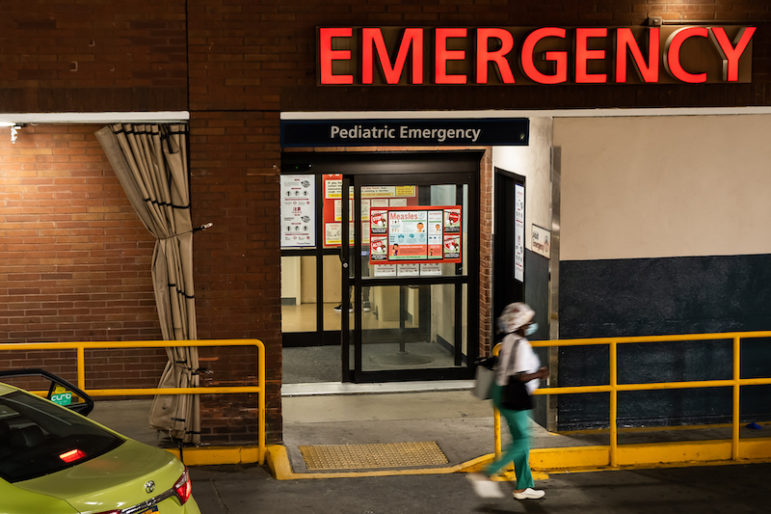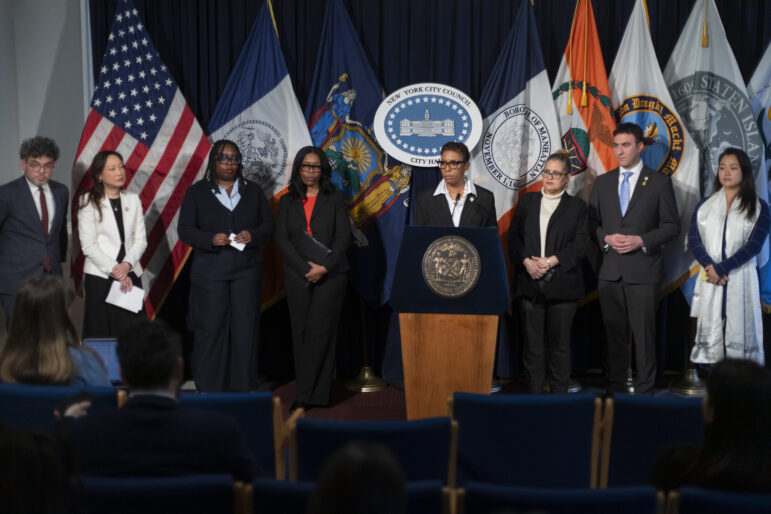“Our findings also show jarring evidence that insurance carriers blatantly discriminate against affordable housing projects, in some cases completely refusing to provide coverage to homes just based on where they are located.”
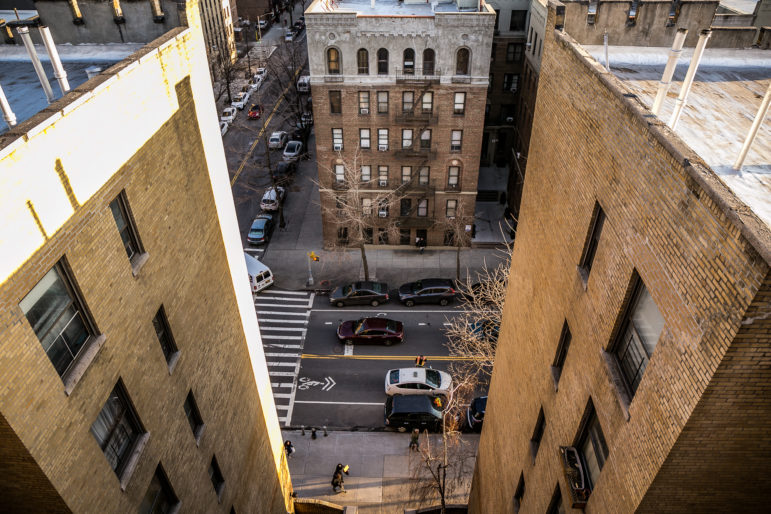
Adi Talwar
Apartment buildings in Manhattan.New York’s subsidized affordable housing is a critical tool to fight the housing crisis. It provides safe and decent homes for low-income New Yorkers who cannot afford market rate housing. But rising costs—specifically insurance costs—threaten this vital resource, putting the financial stability of these buildings at risk while driving up development costs and requiring more government funding.
In the face of this crisis, the New York Housing Conference recently completed an analysis of insurance costs for affordable housing. We found that insurance premiums have doubled over the past four years, increasing an average of 26 percent every year. The average annual cost to insure an affordable unit is now $1,770, compared to $869 just four years ago. In some instances, in the Bronx, we saw rates as high as $3,081 per unit.
Our findings also show jarring evidence that insurance carriers blatantly discriminate against affordable housing projects, in some cases completely refusing to provide coverage to homes just based on where they are located.
In market outreach conducted for insurance coverage, nine of 23 insurance carriers declined to offer coverage due to Section 8 or subsidized affordable housing. One insurance company declined to cover a property in the Bronx, citing that it is “no longer writing new business in the Bronx.” Another wouldn’t offer coverage unless the housing provider acquired an additional $5 million in liability insurance just because the building included Section 8 tenants.
If discriminating against a renter who uses a Section 8 voucher is illegal in New York (thanks to the NYS Legislature’s statewide source of income discrimination ban in 2019), it should also be illegal for insurance providers to discriminate against buildings just for offering affordable housing. This is modern-day redlining. It continues a destructive legacy that segregates and excludes low-income renters and people of color.
Insurance premium increases are so steep that it is putting the financial stability of the buildings at risk. Based on our calculations, the average increase in insurance costs would decrease cash flow by 60 percent or more for affordable housing built in 2019 or earlier. Significantly reduced cash flow means less money for building reserves, repairs, and difficulty refinancing or selling the property.
As premiums are going up, coverage is decreasing. In both new policies and renewal options, owners are being forced into higher deductibles or lower coverage amounts while more items are being excluded from coverage.
We also saw no evidence that increasing costs are due to increased payouts of claims. For example, in the data we received for over 13,000 units, there are minimal losses for excess or umbrella insurance, while their premiums per unit doubled or tripled over that time.
A few years ago, the Legislature required the State Department of Financial Services to investigate the issue. In late 2022, the agency quietly offered very little information about either insurance costs or discriminatory practices and suggested no recommendations for holding insurance companies accountable or requirements for greater transparency. This complacent response is completely unacceptable given the urgency of the situation, and yet insurance providers can continue making unjust and offensive assumptions about low-income renters as an indicator of risk.
Thankfully, Gov. Kathy Hochul included housing insurance reform in her 2025 Executive Budget, banning insurance companies from using tenant insurance sources and levels or the presence of income-restricted units to discriminate against affordable housing.
As budget negotiations continue in Albany, we need the Legislature to put teeth behind its efforts to ban source of income discrimination and its harmful effects on our housing market, and that includes preventing insurance companies from discriminating against affordable housing. We need urgent government intervention to ban harmful practices and to start exploring alternative frameworks for insurance—including affordable housing captives and a public, state-run insurance option.
Escalating insurance costs have been a growing problem for years, and New Yorkers can literally no longer afford to be complacent. Insurance reform today is essential to ensuring residents have housing security and stability for years to come.
Rachel Fee is executive director of the New York Housing Conference.



